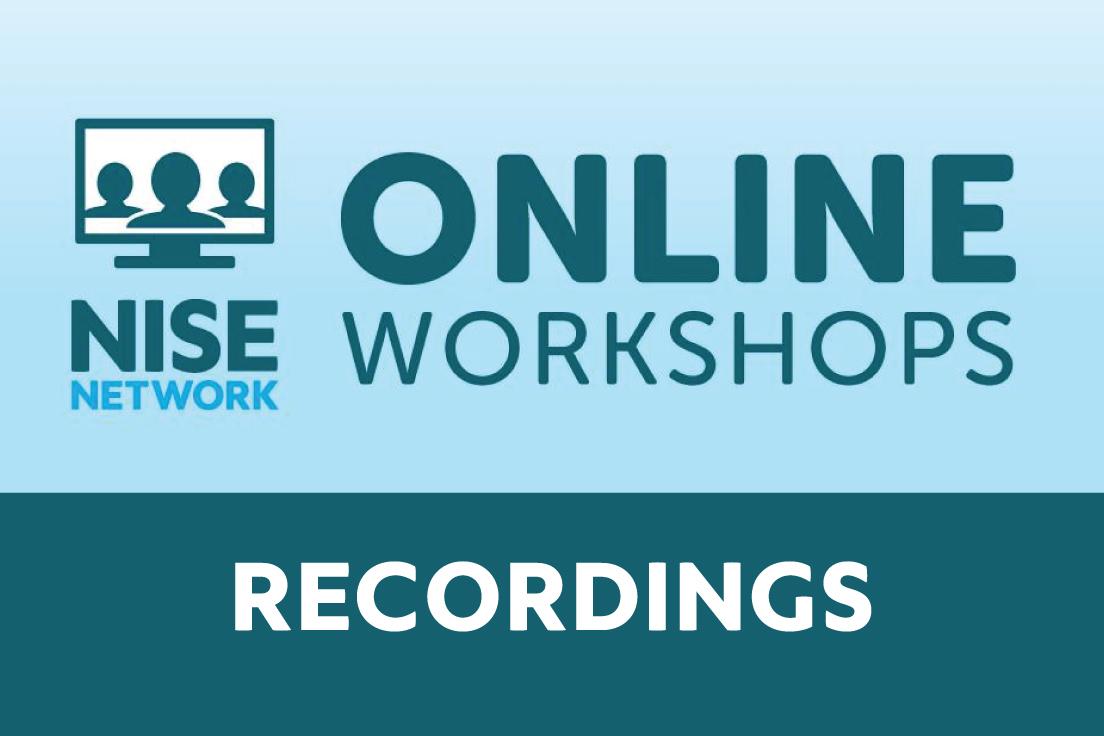DESCRIPTION
In the future, asteroids and dwarf planets in our solar system could become new sources for materials used in manufacturing, energy production, or supporting humans living in space. But before scientists and engineers can start mining, we as a society need to consider how mining asteroids might change our lives, now and into the future. This online workshop will cover the science behind the Asteroid Mining activity from the 2020 Explore Science: Earth & Space toolkit. After a brief overview of the activity and its resources, our guest presenters, Jonathan Wiener, Professor of Law at Duke University and Jim Bell, a planetary scientist and author in the School of Earth and Space Exploration at Arizona State University, will speak about the science behind and social implications of asteroid mining along with laws on ownership and commerce in space, planetary protection, and contamination issues. This online workshop was recorded 3-24-2020.
DESCRIPTION
In the future, asteroids and dwarf planets in our solar system could become new sources for materials used in manufacturing, energy production, or supporting humans living in space. But before scientists and engineers can start mining, we as a society need to consider how mining asteroids might change our lives, now and into the future. This online workshop will cover the science behind the Asteroid Mining activity from the 2020 Explore Science: Earth & Space toolkit. After a brief overview of the activity and its resources, our guest presenters, Jonathan Wiener, Professor of Law at Duke University and Jim Bell, a planetary scientist and author in the School of Earth and Space Exploration at Arizona State University, will speak about the science behind and social implications of asteroid mining along with laws on ownership and commerce in space, planetary protection, and contamination issues. This online workshop was recorded 3-24-2020.
TRAINING VIDEOS
Credits
Museum of Life and Science
This material is based upon work supported by NASA under cooperative agreement award number NNX16AC67A and 80NSSC18M0061. Any opinions, findings, and conclusions or recommendations expressed in this material are those of the author(s) and do not necessarily reflect the view of the National Aeronautics and Space Administration (NASA).
Creative Commons Attribution Non-Commercial Share Alike 3.0 United States (CC BY-NC-SA 3.0 US).
View more details

NISE Network products are developed through an iterative collaborative process that includes scientific review, peer review, and visitor evaluation in accordance with an inclusive audiences approach. Products are designed to be easily edited and adapted for different audiences under a Creative Commons Attribution Non-Commercial Share Alike license. To learn more, visit our Development Process page.

